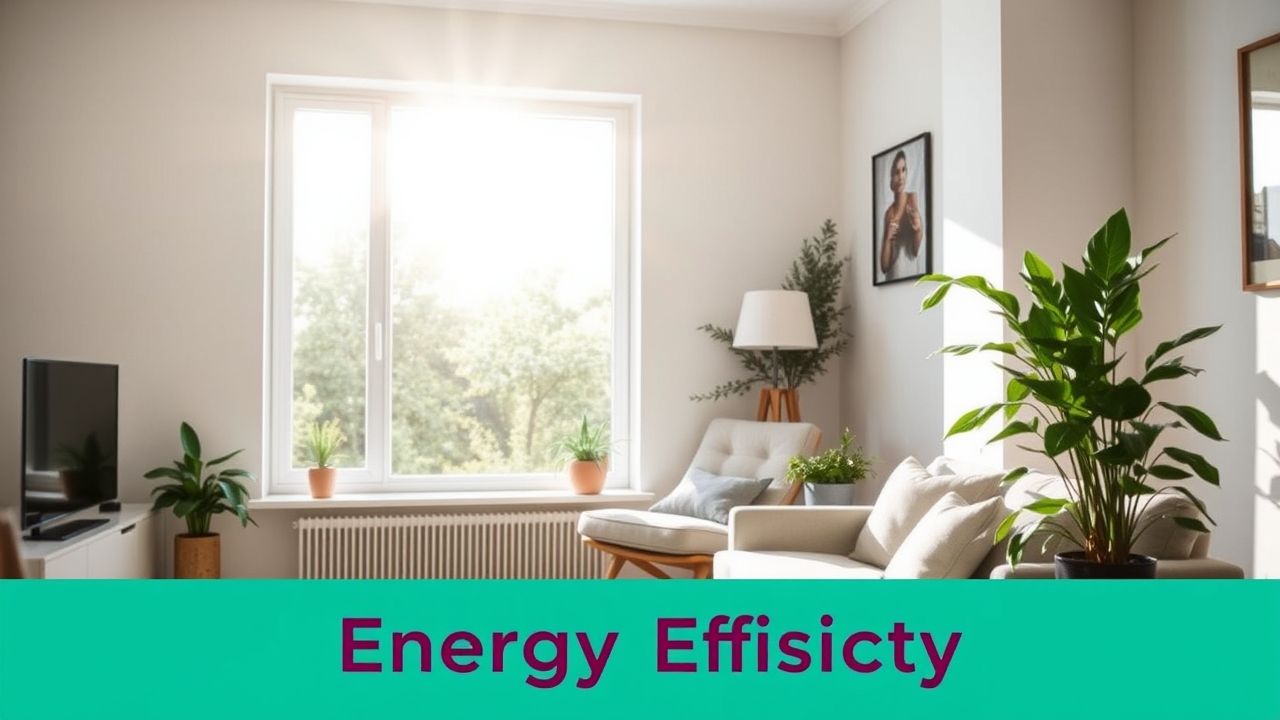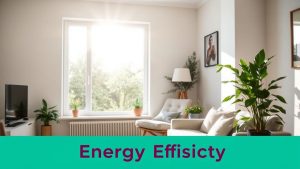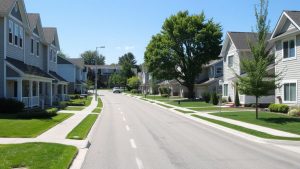Want a Home That Doesn’t Eat Your Money?
Do you ever feel like your house just sucks up money? Like your heating bills are too high in winter? Or your air conditioner runs all day in summer?
What if you could have a cozy home and save lots of money on energy bills? What if your house could actually help the planet too?
This guide is like a treasure map. It shows you how to find out where your home is wasting energy. And it tells you the simple steps to fix it. This is super important if you are thinking about buying a green home Ontario or making your current place better.
We will talk about something called a home energy check-up. It sounds fancy, but it’s easy to understand. It’s the first step to making your home awesome – comfy, cheap to run, and good for everyone.
Whether you live in Milton, Mississauga, Georgetown, Guelph, or anywhere in the GTA and surrounding Action Markets in Ontario, this guide is for you!
Why Does My Home Waste Energy?
Houses are like big boxes. They are supposed to keep the warm air in during winter and the cool air in during summer. But sometimes, they have little holes or problems that let the air escape. Think of it like leaving a window open all the time!
This waste happens in many places:
- Drafty Windows and Doors: Old or leaky windows and doors let outside air sneak in and inside air sneak out.
- Not Enough Stuffing (Insulation): The walls and roof of your house need fluffy stuff called insulation. It acts like a blanket. If there isn’t enough, or if it’s old, your house gets cold in winter and hot in summer.
- Old Heater or Air Conditioner: Just like old toys sometimes break, old furnaces and air conditioners don’t work as well. They use way more energy (and money!) to do their job.
- Leaky Air Pipes (Ducts): If you have vents in your floor or ceiling, pipes called ducts carry the warm or cool air. If these pipes have holes, the air gets lost before it even reaches your rooms.
- Appliances That Guzzle Power: Older fridges, stoves, washers, and dryers can use a lot more electricity than new ones.
When your house wastes energy, you pay for it on your bills. It also means your house might not be very comfy. You might have cold spots in winter or rooms that never cool down in summer.
Plus, using too much energy isn’t great for our world. Most energy comes from things that can make the air dirty. Using less energy helps keep our air clean in Ontario!
What is a Home Energy Check-Up (EnerGuide Evaluation)?
Okay, so how do you find out exactly where your home is wasting energy? You get a special check-up for your house! It’s called an EnerGuide Home Energy Evaluation.
Think of it like a doctor’s visit for your house. A special helper, called a Registered Energy Advisor, comes to your home.
This advisor is like a detective for energy waste. They look everywhere, from the bottom of your house (the basement) to the very top (the attic).
Here’s what they do:
- Look Around: They check out your windows, doors, walls, and the insulation (the fluffy stuff).
- Check Your Machines: They look at your furnace (heater), air conditioner, and water heater.
- Measure Things: They measure how much air leaks out of your house using a special tool, often a big fan placed in a doorway (called a blower door test). This test shows exactly where drafts are coming from.
- Ask Questions: They might ask you about your energy bills and how you use energy in your home.
The whole check-up usually takes a few hours.

What Do I Get After the Check-Up?
After the energy advisor finishes their detective work, they don’t just leave! They give you super helpful information:
- A Score for Your House: Your home gets an energy rating, like a grade on a test. This real estate energy rating tells you how energy-smart your house is right now. A lower score means it uses less energy!
- A Map of Problems: You get a report that points out all the spots where your house is losing energy. It’s like getting X-ray vision for energy waste!
- A List of Fixes: The best part! The report gives you a list of things you can do to make your house better. It tells you which fixes will save you the most money and make your home the comfiest.
- Info on Money Back (Rebates): The advisor can tell you about programs from the government or energy companies that give you money back for making your home more energy-smart. We’ll talk more about government rebates for energy-efficient homes later!
This information is GOLD if you’re buying a house or planning changes. It helps you make smart choices.
How to Check Home Energy Efficiency Yourself (Before the Pro Comes)
While the official EnerGuide check-up is the best way, you can be an energy detective too! Here are some simple things you can look for, especially if you’re considering buying a house:
- Feel for Drafts: On a windy day, hold your hand near windows, doors (especially the bottom), and electrical outlets on outside walls. Can you feel cool air coming in?
- Look at the Attic Fluff (Insulation): Carefully peek into the attic if you can. Is the insulation level and even? Can you see the wooden beams (joists) on the floor? If you can easily see the beams, you probably need more insulation.
- Check Window Age: Are the windows single panes of glass, or do they have two panes (double-glazed)? Double-glazed windows are much better. Look for condensation (water fuzz) between the panes – that means the seal is broken and they aren’t working well.
- Find the Furnace Age: Look for a sticker on the furnace or water heater. It often shows the manufacturing date. If it’s older than 15-20 years, it’s likely not very efficient.
- Ask for Bills: If you’re serious about buying a house, ask the seller if you can see copies of their recent energy bills (gas and electricity). This gives you a real idea of the costs.
- Look for ENERGY STAR® Labels: Check appliances like the fridge, dishwasher, washer, and dryer. Do they have the blue ENERGY STAR label? This means they are designed to use less energy.
This quick check is part of a good home buying energy checklist. It helps you spot potential energy problems early on when looking at homes in Milton, Mississauga, or Guelph.
Best Energy-Efficient Upgrades: Where to Start?
Okay, you had your check-up, or maybe you just know your house needs help. What fixes make the biggest difference? The EnerGuide report will give you a custom list, but here are some common winners:
- Add More Attic Insulation: This is often the easiest and cheapest way to make a HUGE difference. Heat rises, so stopping it from escaping through the roof saves a lot of energy and money. Good home insulation efficiency starts here.
- Seal Air Leaks: Remember those drafts? Sealing cracks and gaps around windows, doors, pipes, and wires stops air leakage. You can use caulk (like special goo) or weatherstripping (foam or rubber strips).
- Upgrade Windows and Doors: If your windows are old and leaky, replacing them with new, energy-efficient ones (like ENERGY STAR certified models) can make your home quieter, comfier, and save energy. This is a bigger job, but the payoff is good.
- Get a Smarter Thermostat: A programmable or smart thermostat lets you automatically lower the heat or air conditioning when you’re sleeping or away. Smart home energy savings often start with this easy upgrade.
- Improve Basement Insulation: Especially in older Ontario homes, insulating the basement walls (especially the top part near the ground) can make floors warmer and reduce heating costs.
- Replace Old Furnace/AC: If your heating or cooling system is ancient, a new high-efficiency model will use much less energy. Look for ENERGY STAR rated systems.
- Water Heater Check-up: Insulate hot water pipes and consider an insulating blanket for your water tank (if it’s an older tank style). Hot water uses lots of energy!
“Fixing air leaks and adding insulation are usually the most cost-effective steps homeowners can take first,” advises Sarah Chen, a (fictional) certified Energy Advisor in the GTA. “You stop the energy waste before you spend money on new equipment.”
Is an Old Home Energy Efficient?
This is a common question for buyers looking at charming older homes in areas like Georgetown or established Mississauga neighbourhoods. The honest answer is: usually not as efficient as a brand new home, but they can be made very efficient!
Older homes were built when energy was cheaper, and people didn’t worry as much about insulation or air leaks. They might have:
- Less insulation (or none!)
- Original single-pane windows
- Older, less efficient furnaces
- More natural air gaps (which can actually be too much)
BUT! Don’t let that scare you away from an older home you love. The key is knowing what you’re getting into and what improvements are needed.
- Good Bones: Older homes often have solid construction.
- Upgrade Potential: You can add insulation, replace windows, and seal leaks, often making them MORE efficient than they ever were.
- Get the Check-Up: An EnerGuide evaluation is CRITICAL when buying an older home. It tells you exactly what needs doing and how much energy you could save.
So, is an old home energy efficient? Not usually at first, but with the right upgrades, it absolutely can be. Think of it as a diamond in the rough – it just needs some polishing (or insulating!).
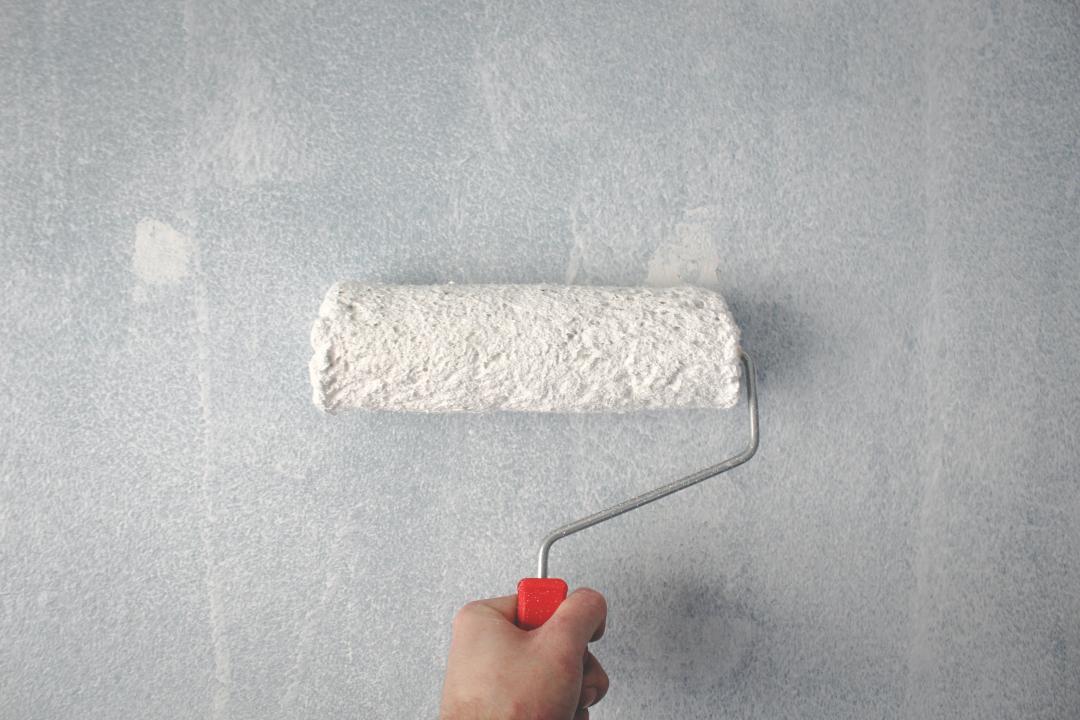
Finding a Superhero: Your Registered Energy Advisor
Ready to get that official EnerGuide check-up? You need to find a qualified person – a Registered Energy Advisor (REA).
These advisors are trained and registered with Natural Resources Canada (NRCan), which is part of the Canadian government. They know exactly how to perform the evaluation correctly.
Important: These advisors work for independent companies, not directly for the government. They are licensed to do the EnerGuide evaluations.
How to Find One:
The best way is to use the official NRCan search tool online. You can search for licensed service organizations that have registered advisors working in your area (like Milton, Mississauga, Guelph, etc.).
- Go to the NRCan Website: Search online for “NRCan find energy advisor”.
- Enter Your Postal Code: This will show you organizations licensed to work in your specific area.
- Contact a Few: It’s a good idea to call two or three organizations. Ask them about:
- Their fees (prices can vary)
- When they can schedule the evaluation
- What the process involves
Why is Finding the Right Advisor Important?
- Rebates: You must have an EnerGuide evaluation done by a registered advisor before you start renovations if you want to qualify for most government rebates for energy-efficient homes and financing programs (like the Canada Greener Homes Grant or Loan, or municipal programs if available).
- Quality: Registered advisors follow specific procedures to ensure the evaluation is accurate and thorough.
Don’t just hire anyone who says they do energy audits. Make sure they are registered with NRCan for the EnerGuide evaluation.
Government Rebates for Energy-Efficient Homes: Get Money Back!
Okay, let’s talk about the fun part: getting money back for making your home better!
Governments (federal, provincial, and sometimes even your city) often have programs to encourage homeowners to save energy. Why? Because it helps everyone! It lowers energy demand, reduces pollution, and helps homeowners save money.
Here’s the general idea:
- Get the First Check-Up: You usually need an EnerGuide evaluation before you make any changes.
- Make Approved Upgrades: You choose improvements from the list recommended in your report (like adding insulation, getting new windows, etc.).
- Get the Second Check-Up: After the work is done, the energy advisor often comes back to see how much better your home’s energy use is.
- Apply for Rebates/Grants: You use your evaluation reports and receipts for the work to apply for money back through programs like:
- Canada Greener Homes Grant/Loan: This federal program offers grants (money you don’t pay back) and loans (money you borrow at low or no interest) for eligible upgrades. The EnerGuide evaluation is essential for this.
- Energy Company Rebates: Sometimes, your electricity or natural gas provider (like Enbridge Gas or local hydro companies) offers rebates for things like installing a smart thermostat or buying efficient appliances.
- Municipal Programs: Some cities might have their own smaller programs. Check your local city website (like Mississauga, Milton, Guelph websites).
Key Things to Remember:
- Do the Check-Up FIRST: Don’t start renovations before your first EnerGuide evaluation if you want rebates!
- Check Program Rules: Each program has specific rules about which upgrades qualify, who can do the work, and how to apply. Read the details carefully on the program websites.
- Keep Paperwork: Save all your receipts and reports!
Getting government rebates for energy-efficient homes can save you thousands of dollars on your upgrade projects. It makes improving your home much more affordable.
Energy-Efficient Home Features: What to Look For When Buying
If you’re house hunting in Ontario, especially in competitive markets like the GTA, knowing what energy-efficient home features to look for can save you headaches and money later. Add these to your home buying energy checklist:
- Recent EnerGuide Label: Ask if the house has had an EnerGuide evaluation done recently. If so, ask to see the label or report. This gives you an instant snapshot of its efficiency.
- High-Efficiency Furnace/AC: Look for newer systems (less than 10-15 years old) and check for an ENERGY STAR label or a high AFUE rating (for furnaces) or SEER rating (for ACs).
- Updated Windows: Are they double or triple-paned? Do they look relatively new and well-sealed? ENERGY STAR certified windows are a big plus.
- Good Attic Insulation: Ask about the R-value (a measure of insulation power) or look for thick, evenly distributed insulation in the attic.
- Smart Thermostat: Is there a programmable or smart thermostat installed?
- LED Lighting: Are most of the light fixtures using efficient LED bulbs?
- ENERGY STAR Appliances: Check the fridge, dishwasher, washer, and dryer for the label.
- Basement Insulation: Is the basement finished? Is it insulated? Check the top part of the foundation walls.
- Seller Disclosure: Sellers might mention recent energy upgrades they’ve done.
Finding a home with these features already means you’ll likely have lower energy bills and a more comfortable place from day one. It’s a key part of buying a green home Ontario.
Smart Home Energy Savings: Easy Tech Wins
Technology can help you save energy without even thinking about it! Smart home energy savings often come from simple devices:
- Smart Thermostats: These learn your schedule and adjust the temperature automatically. You can control them from your phone. They save energy by not heating or cooling an empty house.
- Smart Plugs: Plug lamps, TVs, or other electronics into these. You can set schedules for them to turn off automatically or control them remotely. This stops “phantom load” – energy used by devices even when they’re turned off.
- Smart Lighting (LEDs): Replace old bulbs with LED bulbs. They use way less electricity and last much longer. Smart LEDs can be controlled by phone or voice, dimmed, or put on timers.
- Smart Power Strips: Like smart plugs, but for multiple devices. Some can sense when a main device (like a TV) is off and cut power to related gadgets (like a game console).
- Energy Monitoring Apps: Some smart thermostats or devices come with apps that show you exactly how much energy you’re using and when. Seeing the numbers can help you change habits.
These gadgets are often easy to install and can make a real difference on your energy bills.
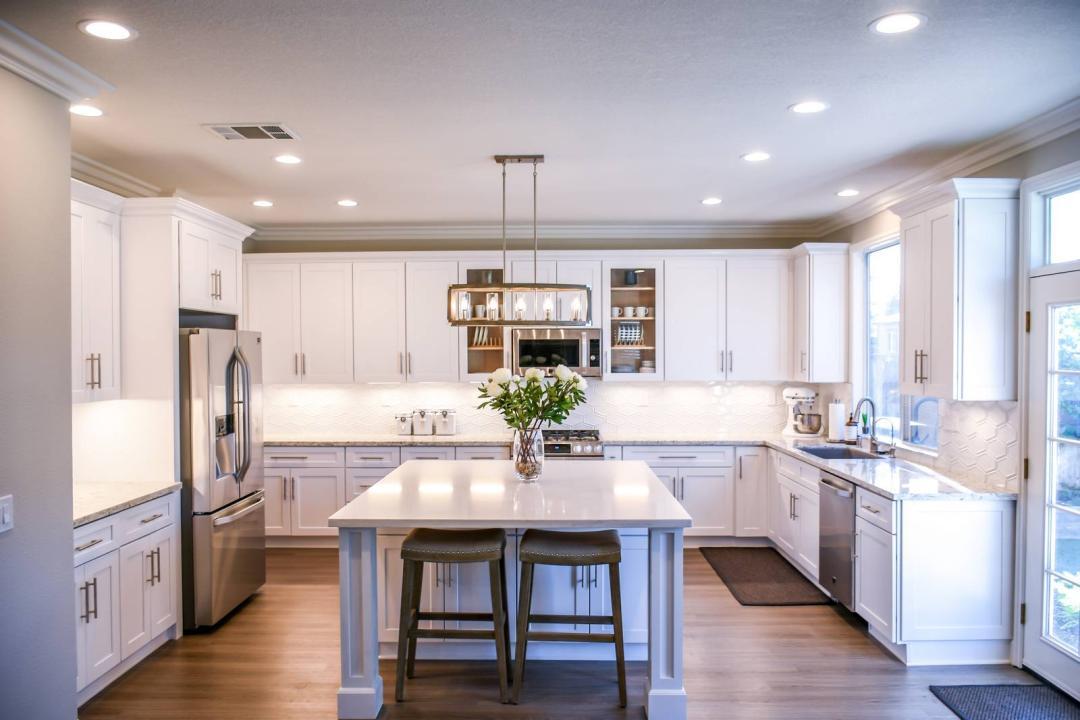
Putting It All Together: Your Path to a Better Home
So, how do you use all this information? Whether you’re buying a new home in Milton or improving your current one in Georgetown, here’s a simple path:
- Know Your Goal: Do you want lower bills? A comfier house? To help the planet? Knowing why helps you focus.
- Get the Facts: If buying, use the home buying energy checklist. If staying, get an EnerGuide Home Energy Evaluation before making big changes, especially if you want rebates.
- Review the Plan: Look at the evaluation report. See which best energy-efficient upgrades are recommended for your specific house.
- Check for Money Back: Research government rebates for energy-efficient homes and other programs you might qualify for (like the Canada Greener Homes Grant).
- Make Smart Choices: Start with the fixes that give the biggest bang for your buck (often air sealing and insulation). Consider smart home energy savings devices.
- Enjoy the Benefits: Live in a more comfortable home, pay lower energy bills, and feel good knowing you’re using energy wisely!
Making your home energy efficient isn’t just about saving money (though that’s great!). It’s about making your home a better place to live – warmer in winter, cooler in summer, and healthier for your family and the environment. It also increases your home’s value!
Frequently Asked Questions (FAQ)
Q1: How much does an EnerGuide Home Energy Evaluation cost?
A1: The cost can vary depending on the service organization, your location (e.g., Mississauga vs. Guelph), and the size/complexity of your home. Expect to pay several hundred dollars. However, remember that grants (like the Canada Greener Homes Grant) often cover the cost of the evaluations! So, it might end up being free or low-cost if you follow through with upgrades.
Q2: How long does the evaluation take?
A2: Usually, it takes about 2 to 4 hours for the advisor to be in your home, depending on the size and complexity.
Q3: Do I have to do all the recommended upgrades?
A3: No! The report gives you a list of options. You choose which ones make sense for your budget and goals. The report usually shows which upgrades will save the most energy, helping you prioritize.
Q4: Can I do the energy upgrades myself and still get rebates?
A4: Sometimes, but often not for major work. Many rebate programs require upgrades like insulation or window replacement to be done by licensed professionals. Always check the specific rules of the rebate program you are interested in.
**Q5: Is *home insulation efficiency* really that important in Ontario?**
A5: Absolutely! Because we have cold winters and warm summers, good insulation acts like a thermos for your house. It keeps the heat you pay for inside during winter and keeps the hot summer air out. It’s one of the most effective ways to save energy and improve comfort.
Q6: Does getting an energy check-up increase my home’s value?
A6: Having an EnerGuide evaluation report, especially one showing good energy-efficient home features or recent upgrades, can definitely be attractive to buyers. It shows the home is likely cheaper to run and more comfortable. The real estate energy rating can become a selling point.
**Q7: Are there special programs for **buying a green home Ontario?
*A7: While there isn’t one single program called that, using the EnerGuide rating system helps identify greener homes. Also, some lenders might offer slightly better mortgage rates for highly energy-efficient homes (sometimes called green mortgages). Plus, knowing a home is efficient means lower running costs, which helps with affordability.*
Ready to make your home search or home improvement journey smarter and more affordable? Taking control of your home’s energy use is a powerful step. It puts money back in your pocket, makes your home feel great, and helps our Ontario communities.
If you’re looking for a home in Milton, Mississauga, Georgetown, Guelph, or anywhere in the GTA and want expert help finding one that’s already energy-smart, or one with great potential for upgrades, reach out! We understand the importance of an efficient home and can guide you through the process.

